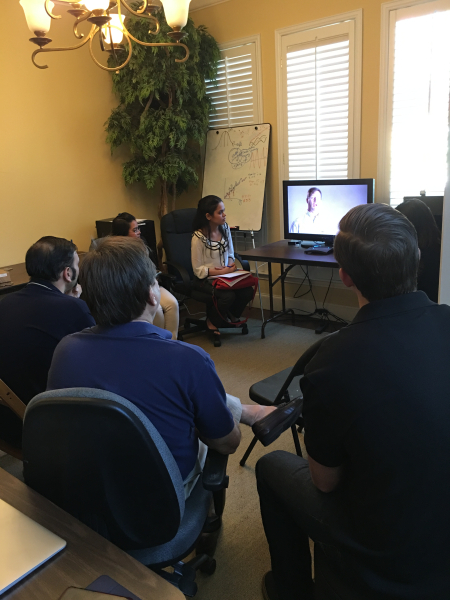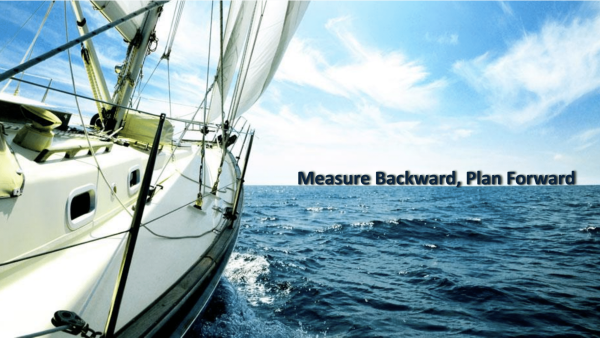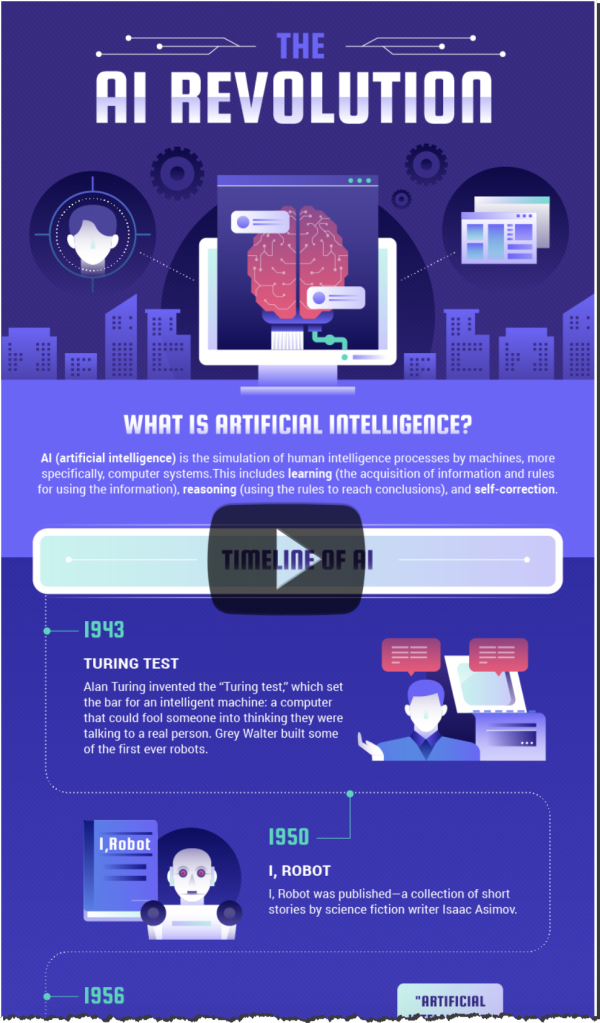“I have not failed. I've just found 10,000 ways that won't work.” – Thomas Edison
It doesn't make sense to challenge a bigger and better-funded competitor in an area where they have an asymmetric advantage. In other words, don't compete with giants at their own game.
Choose to play a game you expect to win.
Playing a different game is a theme at Capitalogix. We believe that you control the game you're playing, that you control the rules, how you keep score, and even how you evaluate success. These things inform where you spend time, where you invest money, and even what looks like an opportunity to you.
Wouldn't you rather compete in areas where you can create a unique sustainable competitive advantage? Personally, I want to invest in extending an edge that lets us win.
Why?
Mediocrity Is Expensive!
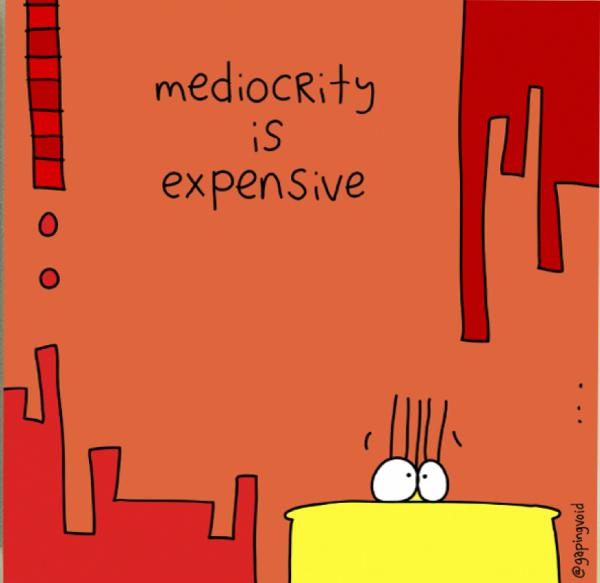
What you lack in size or computer power, you can make up for in creativity, agility, and innovation.
Capitalogix sought to create a niche in the investment industry, not through computing power, but through unique approaches to age-old problems. We use AI and data science to enhance decision-making.
We have an incredibly narrow and consistent focus. Within that area, we are willing to take on problems others avoid and pursue goals that others say are impossible.
Our niche limits risk and lets us fail faster … and learn faster. This allows us to take confident action while others are tentative.
Most big companies – and most of our competitors – are afraid to be wrong. They have to protect their infrastructure, cash-cows, and short-term performance metrics. It makes sense (from their perspective) that playing it safe means that you're secure in your position. – but that's not how it works.
You can't challenge the status quo when you are the status quo.
10x Improvement Is Often Easier To Achieve Than 10%
Astro Teller via TED
"In 1962 at Rice University, JFK told the country about a dream he had, a dream to put a person on the moon by the end of the decade.The eponymous moonshot. No one knew if it was possible to do, but he made sure a plan was put in place to do it if it was possible.That's how great dreams are.Great dreams aren't just visions, they're visions coupled to strategies for making them real." – Astro Teller
Incremental change is hard – it's finding new ways to do the same thing, and you often end up competing in very red oceans – saturated markets where you're competing on price. Moonshots sound harder, but you end up with your own niche and the constraints of a new idea force creativity and energy. If you're going after a goal that no one has accomplished before, it's impossible to be in a red ocean, and it's easier to mobilize a team around something exciting and new than decreasing some arbitrary metric 2%.
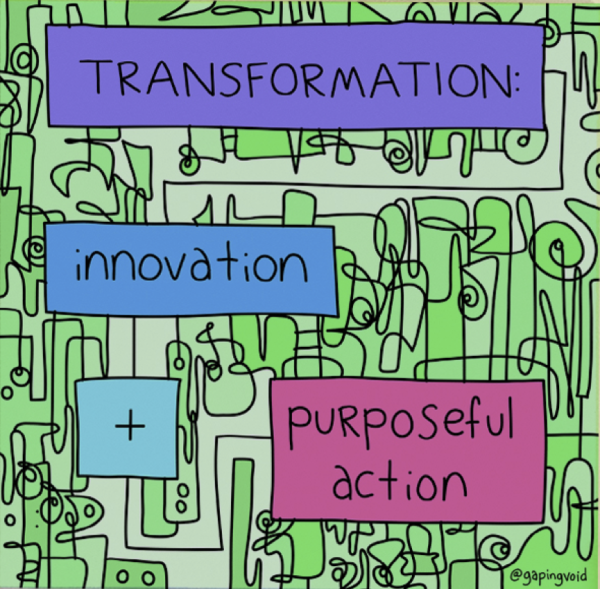
There are a couple of important lessons to keep in mind when pursuing the unknown.
- Forget what you know – self-reported "experts" are limited by their world view. If you're trying to get a different result, you won't do it by playing by the same rules your predecessors followed. Heuristics are great for making life easier – but they're very limiting when trying to create something new.
- Attack the hardest problems first – your biggest problems are your biggest opportunities. If you don't deal with the big problems now, you'll never get around to it, and you'll waste time, energy, and potentially realize you have to pivot much too late.
- Be comfortable being uncomfortable – Most people find failure taboo, and they're deathly afraid of it. Tony Robbins talks about our tendency to avoid pain more actively than we pursue pleasure, and it's true in business. But failure is a part of business. The people I consider most successful got there through incredible pain tolerance and increasingly intense problems that they continued to conquer.
- Have a short memory for pain - Focus on the gain, not the pain. People often focus on not enough money, not enough time, not enough. That scarcity mindset is dangerous and can lead to getting lost in pain and fear. Learning to acknowledge the pain/fear and move forward from a place of abundance and opportunity helps create opportunities.
As well, a clear identity is important. You have to understand what you're pursuing, and how you want to attack the problem. At Capitalogix, we've gotten very in tune with our goals.
We invent techniques that identify and adapt to what happens in markets. We apply the lessons learned from past experiences, data science breakthroughs, and hard work to eliminate the fear, greed, and discretionary mistakes that are the downfall of most traders and decision-makers.
Small businesses don't have a monopoly on these mindsets and these opportunities, but companies like Y Combinator, X, or HeroX are few and far between.
Those businesses that have the scale and these approaches are great to model, and there's enough innovation out there for both of you.
So what's your moonshot?


 While I was at Camp Kotok, my son found
While I was at Camp Kotok, my son found 


